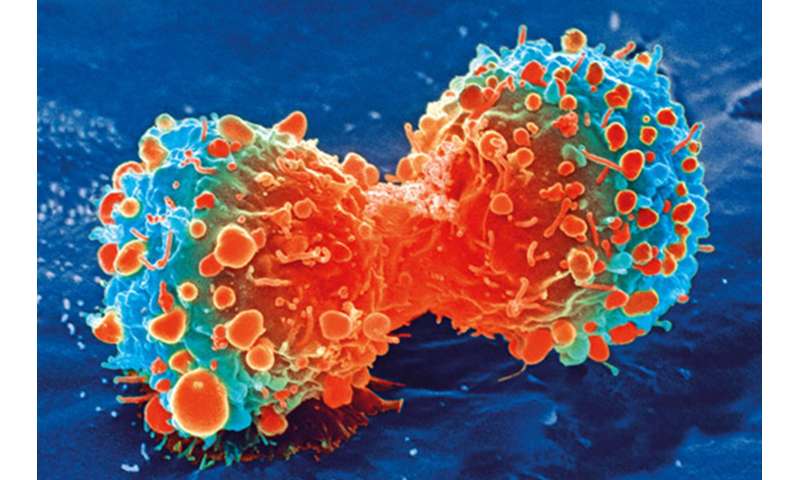
Despite excellent prognosis with most thyroid cancers, many newly diagnosed patients have cancer-related worry, and physicians vary in their responses to patients’ worry, according to new research accepted for presentation at ENDO 2020, the Endocrine Society’s annual meeting, and publication in a special supplemental section of the Journal of the Endocrine Society.
“In this large population-based study, we found that physicians use different strategies to address this worry, with around half of them telling their patients that thyroid cancer is a ‘good cancer,'” said lead study author Maria Papaleontiou, M.D., an assistant professor of medicine in the Division of Metabolism, Endocrinology & Diabetes (MEND) at the University of Michigan in Ann Arbor, Mich. “Although treating physicians are likely trying to emphasize optimistic outcomes, no evidence currently exists to support the notion that telling patients they have a ‘good cancer’ is helpful.”
To investigate how physicians manage thyroid cancer-related worry, the researchers identified patients with differentiated thyroid cancer diagnosed in 2014 and 2015 from the Surveillance, Epidemiology, and End Results (SEER) registries of the State of Georgia and Los Angeles County, California, and they identified the endocrinologists and surgeons involved in their care. In a 2018-2019 survey, the authors asked the doctors to describe their thyroid cancer patients’ general worry at the time of diagnosis and what they told their worried patients. Multivariable logistic regression analysis identified physician characteristics associated with reporting thyroid cancer as a “good cancer.”
Of those who responded, 40% were endocrinologists, 30% were general surgeons, and 30% were otolaryngologists. The research team found that 65% of physicians reported that in general their patients were quite or very worried at the time of diagnosis, 27% that they were somewhat worried, and 8% that their patients were not worried or were a little worried. Almost all physicians (91%) reported that they provided their worried patients with details on prognosis, including recurrence and death.
Overall, 60% of physicians told their worried patients that their doctors are experienced in managing thyroid cancer, and 49% told them that thyroid cancer is a “good cancer.” Otolaryngologists were more likely to use this terminology than endocrinologists. Clinicians in private practice were more likely to describe thyroid cancer as a “good cancer” than those in academic settings, and the phrasing was more common among individuals in Los Angeles County than the Georgia respondents. Physicians who perceived that in general their patients were quite or very worried at time of diagnosis were less likely to report describing thyroid cancer as a “good cancer” than were those whose patients were not or somewhat worried.
Cancer-related worry is a major issue for thyroid cancer patients. This study highlights the multiple strategies physicians use for addressing this worry. In particular, one strategy relates to terminology that although meant to be helpful, may not be effective. “Despite physicians’ good intentions, currently no evidence suggests that telling thyroid cancer patients they have a ‘good cancer’ is helpful or reassuring,” Papaleontiou said. “On the contrary, patients report that being told by doctors that they have a ‘good cancer’ invalidates their fears of having cancer and creates mixed and confusing emotions.”
Source: Read Full Article
